In the multi-identity and multi-national urban society of 19th century Istanbul, a group of Levantine and non-Muslim individuals, most of whom were bankers or merchants demanded a “modern urban life”, therefore can be called high society of its period. The activities that high society performed/participated in their daily lives changed the usual seasonal definition of urban life, and as a result, seasons began to be named and defined according to events. These are, as in the periodicals of the period mentioned, the bad season (fr. mauvaise saison) when no events were organised due to bad weather conditions; the season of theatre and carnival (fr. saison théâtrale et carnaval saison), with performances such as opera, theatre, ballet, vaudeville and various balls in indoor venues such as theatres, embassies and houses; and the beautiful season (fr. belle saison) when outdoor activities can be held in spring and summer months. In the beautiful season, apart from activities such as outdoor rides, sports activities, celebrations and festivities, picnics and promenades, regattas started to be organised as the sea became a part of daily life with increasing ferry services in the second half of the century.
Regattas, the first of which took place in Prinkipo in 1859 with the initiative of the British Ambassador Henry Lytton Bulwer, became an indispensable activity of the beautiful season in the following years and became a tradition for the city. The regattas were initially organised by the committees formed by the Levantines - especially the British- and non-Muslims; and later by the clubs established with the initiatives of the individuals who previously formed these committees. They were then carried out under the patronage of an important name like the sultan, prince or ambassador. It is stated in periodicals that participation in the events was significant, approximately 10,000 people. As can be seen from here, regattas have attracted the attention of not only high society but also all segments of urban society. It is important to emphasise that regattas were not only sports events where boat races were held. It was a nautical festival (fr. Nautique fête), an urban-social activity lasting all day with several different side events such as pole climbing races or balls. It is important to note that regattas, with their aspects mentioned here, have seriously impacted the transformation, development, and modernisation of the places where they took place.
Bengi Su Ertürkmen-Aksoy received her PhD from Gazi University in 2020 with her dissertation “Network and Modernity of ‘High Society’ in Urban Spaces of Istanbul, 1856-1896”. Her academic career as a Research Assistant at the Department of Architecture at Gazi University started in 2012 while working on her master thesis which is about the Jewish Quarter in Ankara. Her research in the fields of urban and architectural history mainly focuses on modernization and daily life in the19th century Ottoman Empire. Apart from her academic research, she has various degrees in architectural design competitions.
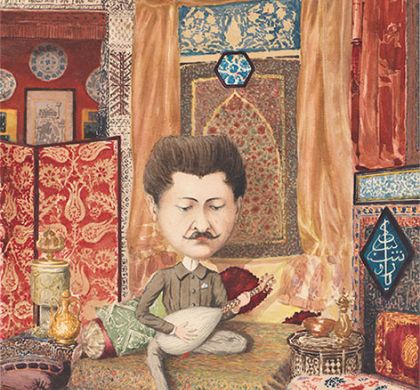 The Characters of Yusuf Franko: An Ottoman Bureaucrat’s Caricatures
The Characters of Yusuf Franko: An Ottoman Bureaucrat’s Caricatures
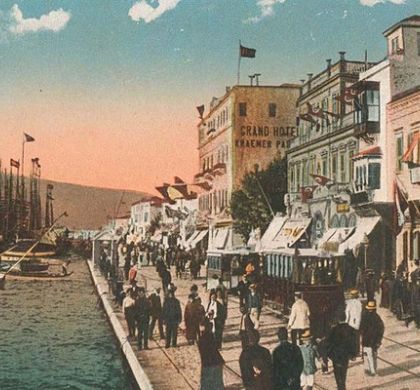 Port Cities of the Eastern Mediterranean: Urban Culture in the Late Ottoman Empire
Port Cities of the Eastern Mediterranean: Urban Culture in the Late Ottoman Empire
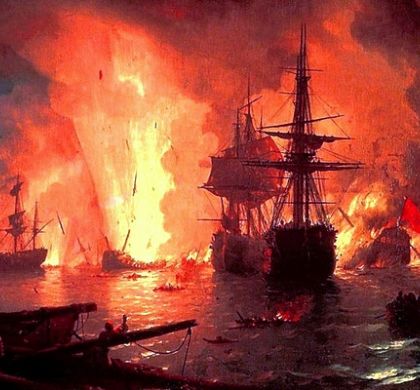 The Alexianos: A transnational Greek family
The Alexianos: A transnational Greek family
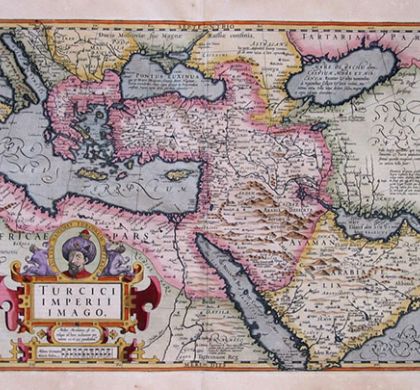 Western European Merchants in the Eastern Mediterranean in 16th-17th century Islamic-Ottoman View
Western European Merchants in the Eastern Mediterranean in 16th-17th century Islamic-Ottoman View
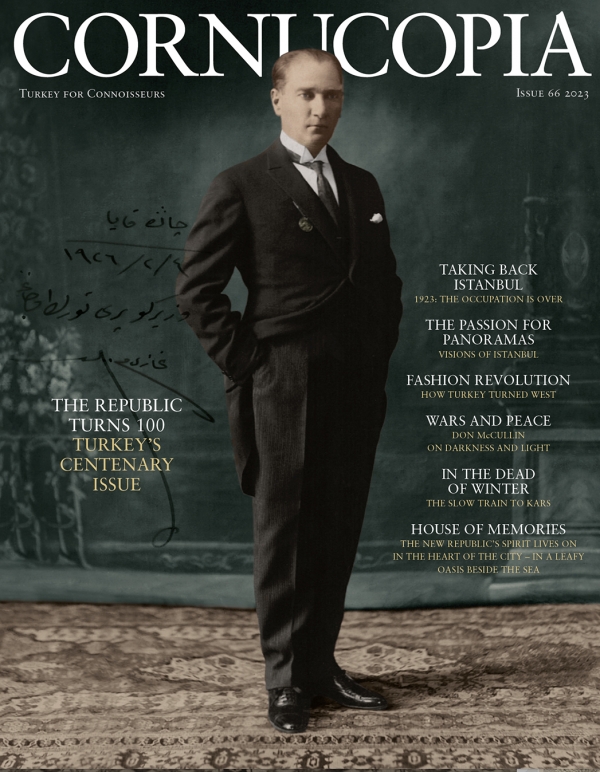 Issue 66, December 2023
Turkey’s Centenary Issue
Issue 66, December 2023
Turkey’s Centenary Issue